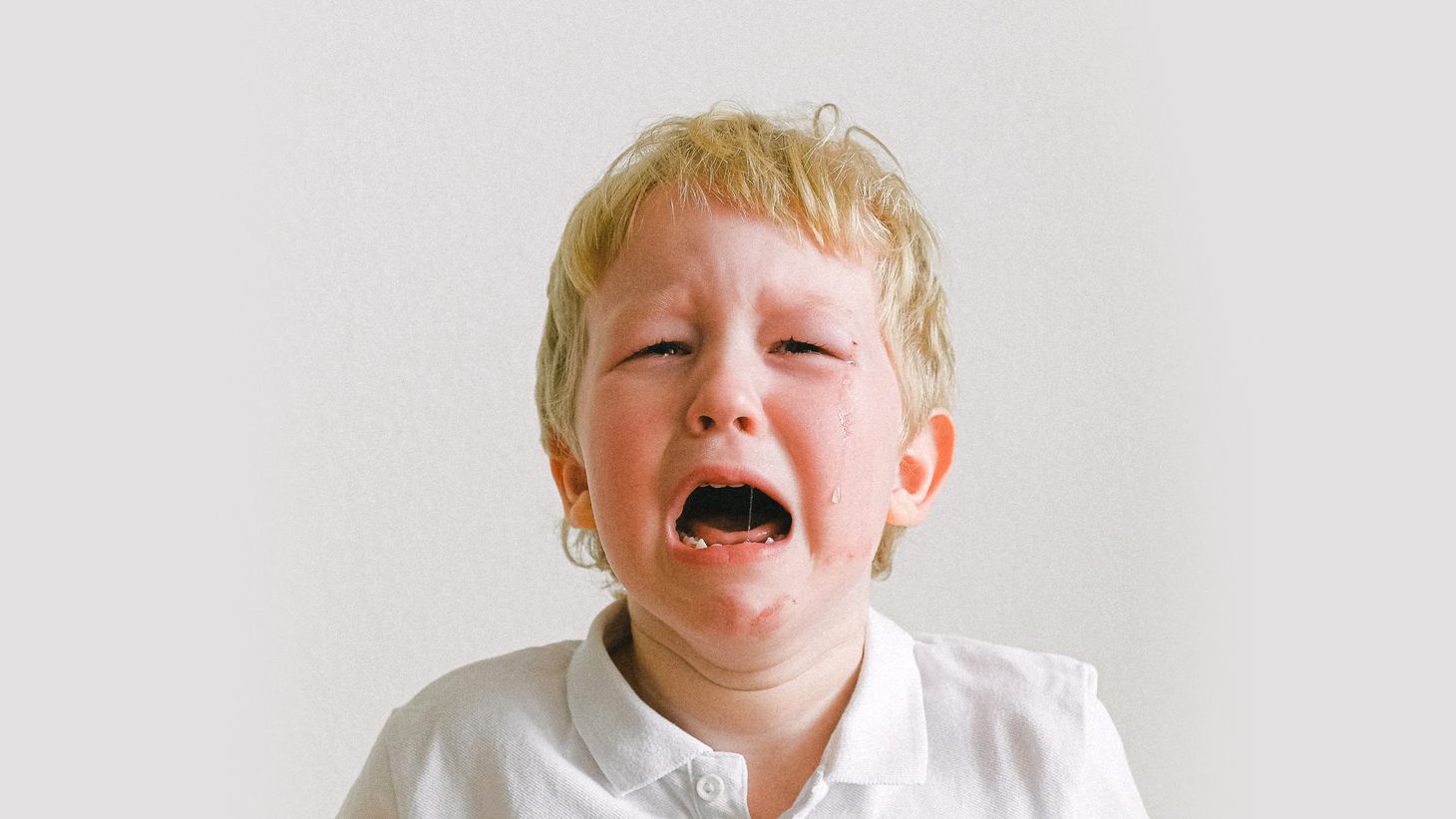It’s awkward, challenging and can make one parent feel embarrassed or unwanted. Why do kids prefer one parent and how do you deal with it?
“My 16-month-old daughter doesn’t seem to like me at all. I am her main caregiver/stay-home-mum,” one of the mums in our Facebook group bemoans. “The minute daddy comes home she completely disowns me and will cry if I ask her to come to me from daddy. This is really embarrassing to me and I get hurt. After all, I do everything for her. When there’s no one else at home, she is all over me but the second someone else is home I become a stranger. Can anyone relate to this?”
Of course, sometimes, they prefer mum over dad, which isn’t much better: “My lil one who’s nearly three has been very whiney and clingy to me lately. She does not like my husband cuddling her or him cuddling me and is very ‘my mummy’. Is this an age transition thing or has others had this?” asks another mum.
Is it normal for a child to reject one parent?
It’s quite normal for toddlers to become clingy to one of their parents. If they haven’t always been clingy, think back to when it started and see if that gives you any clues about why they’ve become more clingy. Maybe Mum went away for a weekend, or she was sick for a while, or they were scared about something, or there was a change or loss in the family.
Sometimes a child will become more clingy to the parent they see the most because it becomes a habit, or to the one they see the least, because they want more closeness from them.
How do you respond when a child prefers one parent?
It sometimes helps if the “neglected” parent can find exciting things to do with or around them, that will be so interesting and amazing that they can’t resist joining in. If you can bear it, ride it out until their need for closeness and attachment with Mum is filled up and they can move on, or grow out of it.
In the meantime, you are both caring so much and working really hard to shift the balance. Take care of each other and your own relationship, because it can be tiring to be the parent that they most want to cling to, and sometimes sad for the parent who they don’t want to be with so much. Enjoy the fact that they are happy with Dad when Mum isn’t there (or vice versa), and that they don’t appear to be anxious. Those are positive signs! And most children will grow past this stage in a few months.
Any advice given is general in nature and is not intended as a substitute for medical advice and must not be relied upon as such. For any healthcare advice, always consult a healthcare practitioner.
How helpful was this article?
Click on a star to rate it!
0 / 5. 0
Be the first to rate this post!
Karen Holford
Related posts
Subscribe
Receive personalised articles from experts and wellness inspiration weekly!


